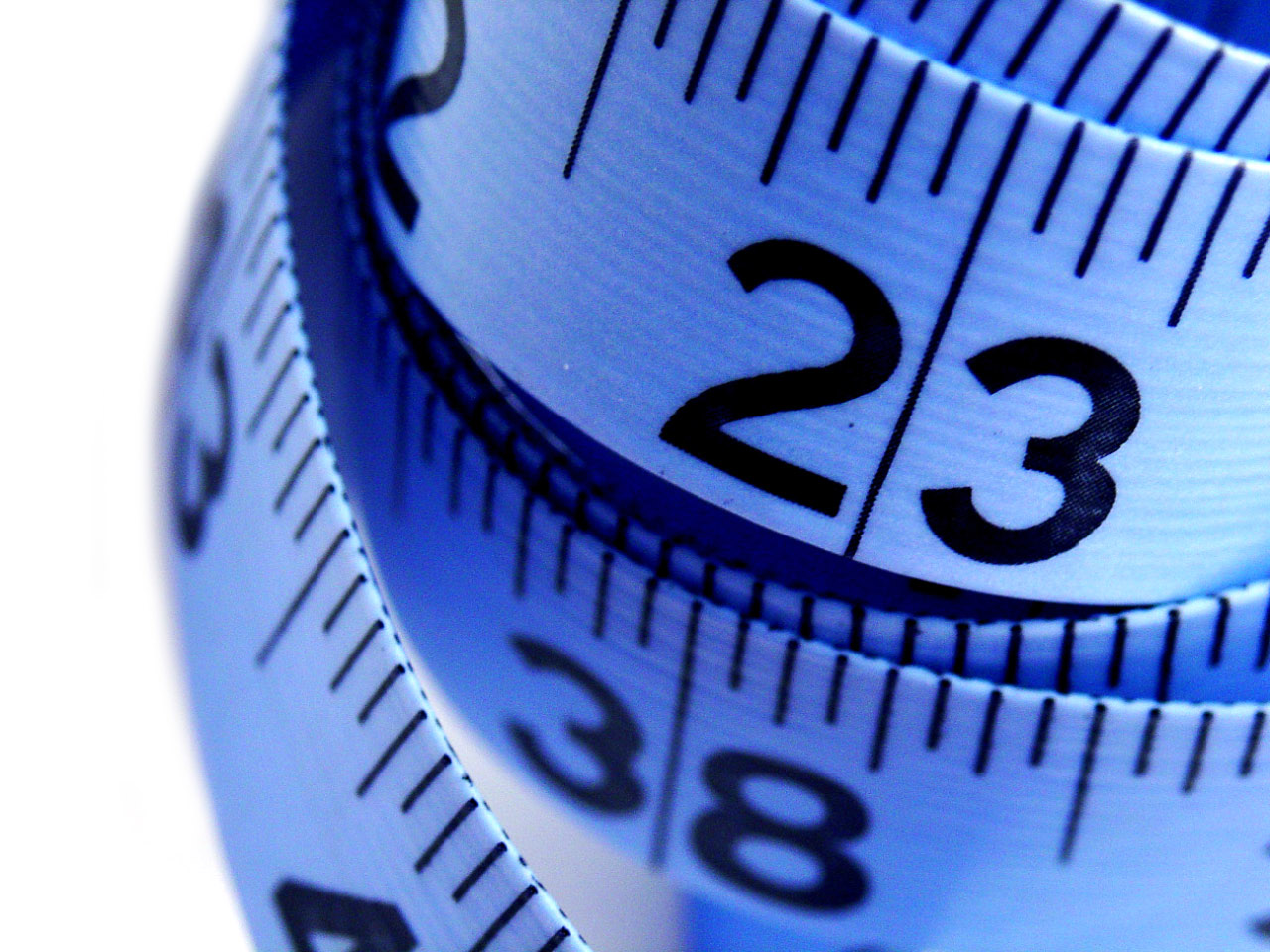
Healthy Body Fat Loss
Carbohydrates
• Chose whole wheat, whole grain carbohydrates
» Examples: wheat bread/tortillas/English muffins/bagels, flaky cereals, oatmeal, oat/bran- based granola bars, whole wheat/whole grain crackers, multi-grain rice cakes, wheat or multi-grain pasta, brown or wild rice, sweet potatoes
• Limit heavily refined, processed carbohydrates
» Examples: sugary cereal, sweet/iced granola bars/breakfast bars, white crackers, sweet
crackers like animal crackers/100 calorie pack cookies, cookies, packaged baked goods, etc.
• Never eat carbohydrates alone unless it is before exercise
» Carbohydrates are your body’s #1 source of energy and thus digest very quickly… so we
need to eat high fiber carbohydrates & add protein and healthy fat to slow down digestion &
keep you full longer
» Carbohydrates right before a workout give you energy, but when eaten alone during the day
they can spike blood sugar and cause you to feel “hypoglycemic” leaving you tired, hungry,
and maybe light-headed or dizzy
• Try to get the majority of your carbohydrate calories during the morning & day versus at night
» Fuel by day…diet by night! Make sure you get adequate carbohydrate calories throughout the day so that you can focus, be alert, and have enough energy
» Each meal should consist of an adequate serving of carbohydrates…your fist is a good measure of a “carbohydrate serving” at a meal or snack (1 fist = approximately 1 cup)
» If you do not get enough carbohydrates during the day, your body will crave them at night when you really don’t need as many calories or as much energy…so make sure to “fuel” in small meals all day
Protein
• Choose lean, low-fat proteins
» Skinless chicken, turkey, tuna/fish, very lean red meat, 96/4 ground meat or ground turkey, 2% cheese, low-fat or skim milk, low-fat yogurt and cottage cheese
» Peanut butter and nuts/seeds provide some protein, but are classified as a fat
• Add protein at every meal
» Protein slows down digestion to help you stay full longer and keep your blood sugar more level post a meal or snack
• Meat-substitute proteins
» Tofu, low-fat dairy products, soy milk or products, Morningstar meat-substitutes, energy bars
with protein, whey or soy protein which can be mixed in smoothies, oatmeal, pudding, mixed with milk or water, etc.
Fat
• Choose healthy fats or “good” fats as much as possible
» Examples: peanut butter, almond butter, nuts/seeds, avocado, olive oil, flaxseed & flaxseed products, fish
• Limit saturated fats or “bad” fats
» Examples: battered/fried food, creamy sauces/spreads, baked goods, pastries, butters/salad dressings
• Fat is calorie-dense so you don’t need as many high-fat foods throughout the day
» Fat yields 9 calories per gram whereas carbohydrate & protein yield 4 calories per gram…just don’t need as much fat
• Try to spread fat intake out over the course of the day
» Fat digests very slowly so incorporate a small amount at each meal instead of a large quantity at once
» Example: 2 Tablespoons of peanut butter on toast at breakfast instead of a sausage/bacon/cheese biscuit
Fluids
• Avoid high calorie drinks
» Drinks such as soda, tea sweetened with sugar, fruit juice, sports drinks, & flavored coffee drinks all contain lots of extra calories, typically from sugar…this can be a determining factor in weight loss
» Choose low-calorie drinks like Crystal Light, Fruit 2-O, Propel, tea sweetened with Splenda, & flavored waters
• Drink plenty of water
» Make sure to get your water in…not just fluid….you need water!
» Try to drink at least eight to ten 8oz cups of water a day, but if you drink a lot of caffeinated drinks (coffee, soda, carbonated beverages), a good rule of thumb is to add another cup of water for every 8oz caffeine drink
Tips
• Eat often…5-7 times a day
» Eating small meals/snacks often will keep you from overeating and keep your metabolism up and “burning” all day
» Try to eat every 3-4 hours
• Watch your portion sizes
» How much are you eating at a time? You need to learn appropriate portions for you
» A good rule is to eat until you are ”not hungry”, not until you are full or stuffed
• Watch out for restaurant food & serving sizes
» It is not that restaurant food is “bad”, but portions are typically very large and lots of times there are hidden calories in sauces, oils, and cooking methods…try to eat grilled, steamed, seared, etc. with sauces/dressings on the side
• Add in vegetables & fruit
» Vegetables & fruit contain lots of fiber and water which help with getting full faster for a
lower amount of calories
» Aim to eat non-starchy vegetables at lunch and dinner and possibly add raw vegetables to
your snacks…watch what you cook them with or dip them in
» Try to include fruit into snacks with protein, and possibly as a dessert instead of another
sweet/baked good
• Try not to eat right before bed
» Eat your dinner at least two hours before you go to sleep and if you eat dinner early and need a small snack later in the evening … eat the snack at least one hour before you go to sleep o Don’t stop eating at 5 or 6pm … the goal is to fuel your body the whole time you are awake … this doesn’t mean to eat lots of food continuously until you go to sleep, but it is okay to eat adequate amounts in the evening at dinner and/or a small snack
-Amy Goodson
 Amy Goodson, MS, RD, CSSD, LD is a registered dietitian for Ben Hogan Sports Medicine and serves as the sports dietitian for the Dallas Cowboys, Texas Rangers, FC Soccer Dallas, Jim McClean Golf School, Texas Christian University Athletics, and University of Texas at Arlington Athletics. In addition, she is an adjunct professor and dietetic intern preceptor for Texas Woman’s University, Texas Christian University and the University of Texas at Arlington and is a state media representative for the Texas Academy of Nutrition and Dietetics. . She received her Bachelor of Science degree in speech communications from Texas Christian University and Masters in Exercise and Sports Nutrition from Texas Woman’s University.
Amy Goodson, MS, RD, CSSD, LD is a registered dietitian for Ben Hogan Sports Medicine and serves as the sports dietitian for the Dallas Cowboys, Texas Rangers, FC Soccer Dallas, Jim McClean Golf School, Texas Christian University Athletics, and University of Texas at Arlington Athletics. In addition, she is an adjunct professor and dietetic intern preceptor for Texas Woman’s University, Texas Christian University and the University of Texas at Arlington and is a state media representative for the Texas Academy of Nutrition and Dietetics. . She received her Bachelor of Science degree in speech communications from Texas Christian University and Masters in Exercise and Sports Nutrition from Texas Woman’s University.



